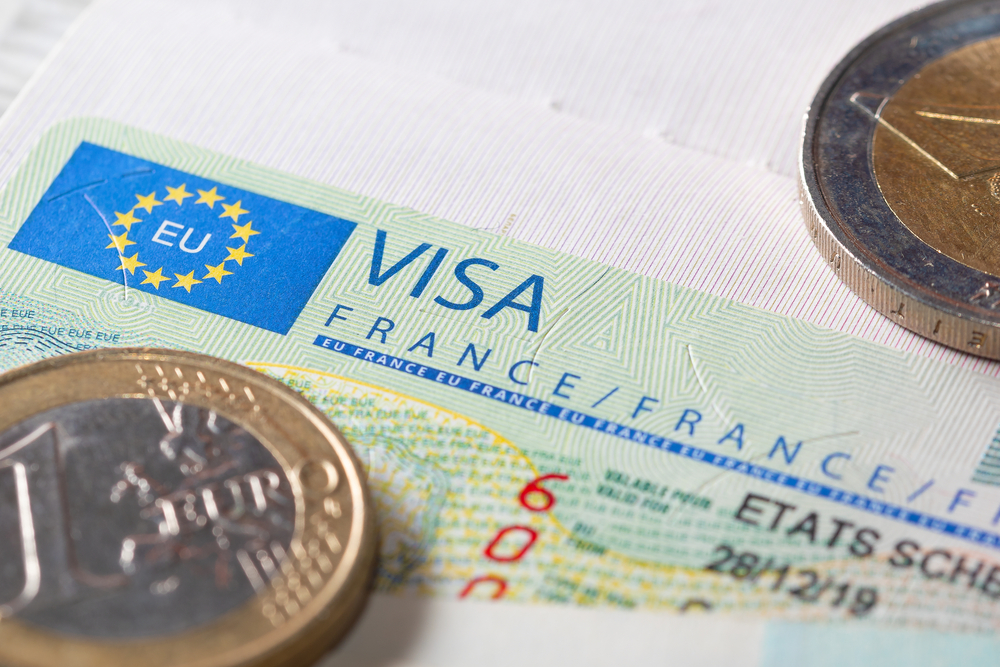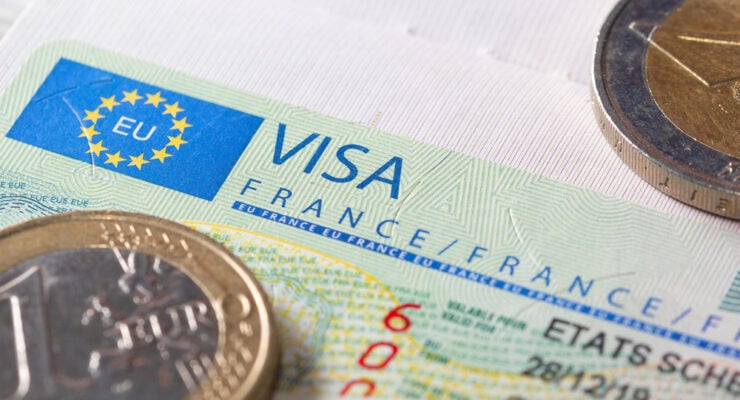- You may need to buy insurance before getting your visa; check refund policies in case of visa denial or early return.
- Read your policy carefully—routine care (like checkups or dental cleanings) is usually not covered.
- Compare key criteria: excess/deductible, coverage limits, worldwide protection, and coverage for activities like winter sports.
- Don’t just pick the cheapest policy—balance your needs, budget, and the level of protection.
- Globe WHV is a popular choice among Pvtistes for its comprehensive coverage and flexibility.
Want to make sure you’re fully covered? Check out the full guide for all the details! Show more












 Français
Français English
English




(2) Comments
Hi, thank you for the information, I am from Colombia, could I fill out the form first on https://france-visas.gouv.fr/en/ before they open the applications ?
Hi there! Yes you can start the form early. Once the season fully opens for Colombia then you can make an appointment and submit your application.
{{like.username}}
Loading...
Load more